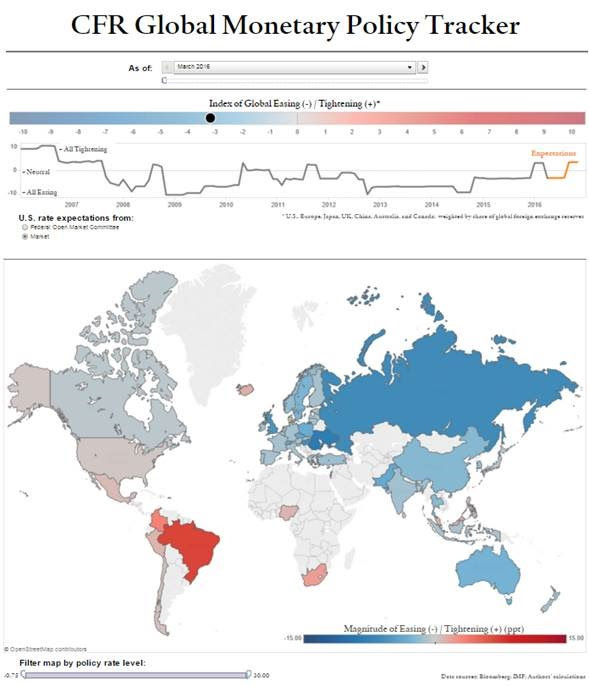I think this is a complicated question to answer, and both sides of the debate have a tendency to over simplify.
If we understand the goal of QE to be an increase in aggregate demand such that the Bank of England’s implicit and explicit objectives are met, I think it’s reasonable to conclude that it worked “better” than its critics feared, but not as well as its advocates hoped. In other words, I think output is higher than it would have been without QE, inflation is lower than some people warned, but the former is lower than and the latter higher than the MPC would like.
In this week’s column for City AM I wanted to highlight an irony in the debate. If “above target inflation makes little difference if expectations remain anchored” one possible explanation of the muted effects of QE is the Bank’s decision to retain an inflation target. Therefore:
We now have the odd situation where those warning of impending hyperinflation – the sternest critics of QE – provide the intellectual prerequisites for it to work. By contrast, in pandering to those concerns, its proponents ensure that it will not.
It strikes me that unless the Bank of England allows inflation expectations to rise, QE will have a muted effect.
Read the whole article here.

